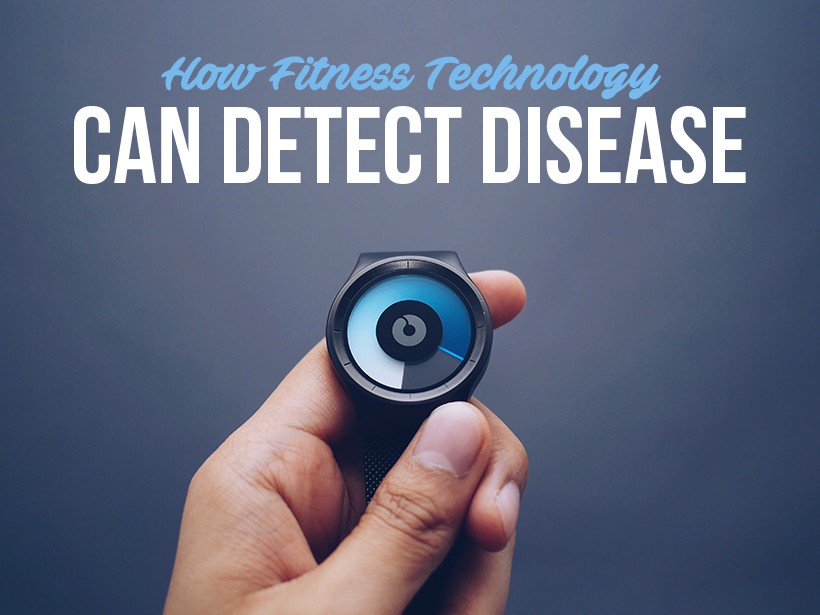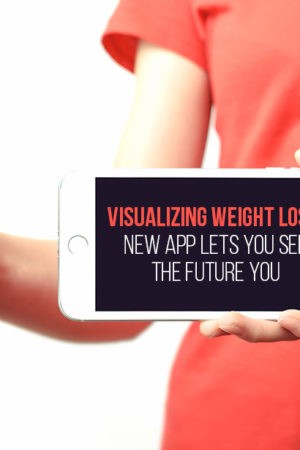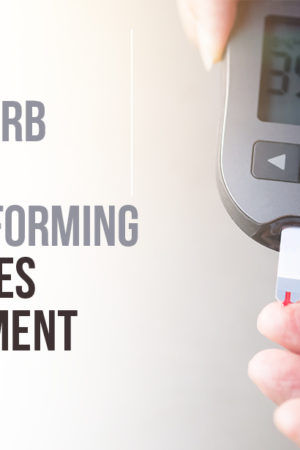Wearable technology has some distinct advantages when it comes to monitoring our fitness and our health. However, what many wearers don’t recognize yet is that wearable devices, like the Apple Watch and Fitbit, hold the power to keep us informed about diseases as well.
Without the need for additional accessories, the Apple Watch is fully capable of detecting diseases, like atrial fibrillation, tachycardia, and other heart rhythm disorders. According to the Cardiogram app, which conducted a study using heart tracking data from Apple Watch, the device could also provide insight into alerting about other diseases, like sleep apnea, high blood pressure, and even diabetes.
The mRhythm Study
Using Cardiogram’s DeepHeart app, which integrates with Apple Watch, Android Wear, and Fitbit, researchers are able to tap into over 200 million health measurements each year contributed by over 14,000 users. Though the sheer volume of data is far larger than any team of doctors could effectively assess on a routine basis, DeepHeart seeks to use artificial intelligence to detect patterns that could better identify the occurrence of common diseases, including atrial fibrillation, hypertension, sleep apnea, and diabetes.1
Detection Through Data
So how is an app that only monitors heart rate and step count able to determine if you’re at risk for a life-threatening disease? Surprisingly, it’s all determined by patterns – whether beat to beat patterns that assess arrhythmia, or heart rate fluctuations during resting or active states.
For those at risk for diabetes, it’s common to have a slower heart rate recovery after exercise and a more rapid resting heart rate. The DeepHeart app monitors these patterns and compares them against a standard that has been assessed through ongoing study and routine monitoring of data collected from all users. Similar patterns are present for diseases like sleep apnea and hypertension as well.2
Retaining Users
One of the biggest challenges faced by those developing the DeepHeart app was retaining users. In the health app space, it is common to see over 90 percent of users drop off from using a monitoring app within the first 90 days.3 In order to improve retention and increase engagement with the app, developers set standards for interaction with the app – issuing mobile alerts that would be helpful to users, coupling those alerts with positive feedback to encourage users, and keeping the interface simple and updated often, so that users would be encouraged to check their data more often.
With the attention to keeping a user’s focus while providing valuable insights into their health and wellbeing, the team at Cardiogram has increased engagement with their users five times more than other mobile health monitoring apps. The theme in tech has shifted toward health and fitness, with many of the major tech providers – like Apple, Samsung, FitBit, and Android – making great strides to provide more useful and usable devices make us more aware of our health status. Companies like Cardiogram are likely the first step toward major improvements in the health tech space and a positive step forward for those seeking more insight into their well-being.
NUTRITIONAL DISCLAIMER
The content on this website should not be taken as medical advice and you should ALWAYS consult with your doctor before starting any diet or exercise program. We provide nutritional data for our recipes as a courtesy to our readers. We use Total Keto Diet app software to calculate the nutrition and we remove fiber and sugar alcohols, like erythritol, from the total carbohydrate count to get to the net carb count, as they do not affect your blood glucose levels. You should independently calculate nutritional information on your own and not rely on our data. The website or content herein is not intended to cure, prevent, diagnose or treat any disease. This website shall not be liable for adverse reactions or any other outcome resulting from the use of recipes or recommendations on the Website or actions you take as a result. Any action you take is strictly at your own risk.
- New Keto-Friendly Coffee Drink - September 25, 2018
- Where Experts Agree: Cutting Through the Confusion - September 13, 2018
- Visualizing Weight Loss: New App Lets You See the Future You - September 11, 2018































